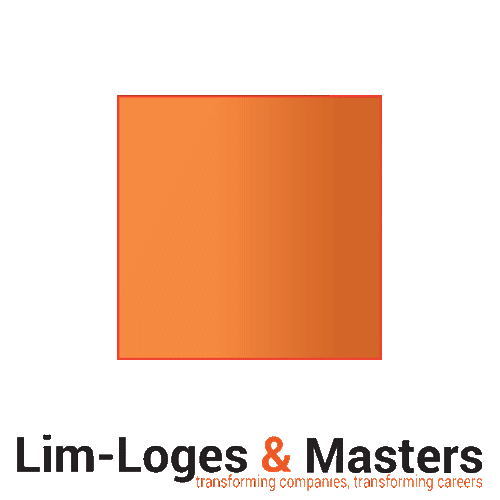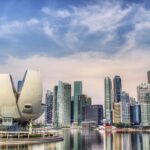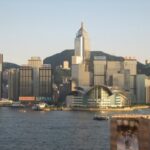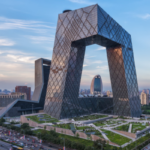
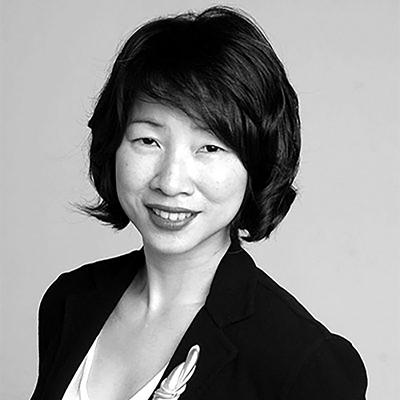
Lelia Lim
Covid: What Does The New Consumer Look Like?
In a recent webinar held with AmCham Singapore, Lelia Lim-Loges chatted with leading executives at three global organisations to discuss the new consumer. These included David Tung, Corporate VP of Beauty Care in Asia Pacific, Henkel; Amy Zheng, General Manager, Cochlear; and Olivier Dubos, Senior Vice President for Global Travel Retail, Parfums Christian Dior. This is an overview of the first part of the discussion.
Covid has created massive changes across every market and profoundly impacted how people live, work, consume, and entertain themselves. These shifts in consumer behaviour and mindset have changed the way that people interact with brands. What are the changes in consumer behaviour you have experienced?
Amy Zheng, Cochlear: As a traditionally B2B company supplying medical hearing devices, we rely on professional recommendations for sales. Our two market segments are the older generation and young children, and the pandemic has altered the consumer journey for both.
Initially, we saw a sharp decline in outpatient footfall to hospitals which affected sales. However, with our second key segment being children, parents were still adamant about getting implants for their children, especially as hearing devices need to be implanted at an early age to aid brain development. Therefore, parents continued to be motivated and were happy to overcome the hurdles of the pandemic for their child to get surgery.
Also, although doctors are still our main sales advocates, we have seen more engagement with our end users, the patient and the parents, since the pandemic. Our consumers are getting more actively engaged and are keen to access to more information. They want to know more about this expensive technology and choose a brand they trust and can continue to expect to provide excellent support services over the next 40, 50, and 60 years.
David Tung, Henkel: As our consumers emerge from Covid isolation or confinement, we see a significant shift in the beauty care business at Henkel. Our consumers have changed how they define their relationship with their environment and family and value their priorities.
From a value perspective, consumer behaviours have dramatically changed and moved away from financial. For example, now, over 80% of consumers surveyed in China value the quality of the product more than the price.
The other change is the need for consumers to resonate with a brand that serves their social purpose – an eco-lution as opposed to evolution. Eco-lution meaning that the consumer is more sustainably conscious and concerned with preserving the environment. For example, more than 76% of Korean consumers we surveyed wanted beauty companies to look at sustainable ways to run the business and offer more eco-friendly packaging products.
The third trend identified was wellbeing and self-care. With lockdown restrictions affecting people’s ability to go to the salon to have beauty treatments, consumers began to realise the importance of mental health and finding a brand that enabled them to do their hair or create a professional experience at home.
Olivier Dubos, Global Travel Retail, Parfums Christian Dior: We have seen three significant trends from Covid. The first is that the digital world has accelerated tremendously, becoming even more of a source of information and online communication versus traditional media. Brands have become far more Instagrammable experiences, using their influence and value strengths of digital segments and with specific tones in specific formats like TikTok, for instance.
This digital acceleration has also seen a rise in online platforms for purchase, in addition to the brick and mortar stores. Dior was even surprised to see more first purchases happen on digital platforms, even for high-value items. This has led us to create more new offerings, including new sets with trial samples for people to try at home.
Secondly, we have also witnessed the need for legitimacy and responsibility. There is a quest for product quality, brand content, legitimacy and story-telling. The consumer is now asking us to walk the talk and be sustainable and eco-friendly – and they want proof that we are, pushing brands to communicate and be transparent.
And thirdly, consumers have evolved. Unsurprisingly, in the last year, we have seen a boom in skincare, specifically premium skincare, and more requests for limited edition make-up. There has been more innovation, with a demand for more niche, iconic fragrances beyond best-sellers like J’Adore, Miss Dior. Our Collection Privée, developed by our perfume creator François Demachy, is for perfume connoisseurs and has provided great success for the past two years.
These are just three global organisations in different market segments that have seen considerable changes in the behaviour of their customers. What we need to know now is how are these companies re-thinking their strategy – the where, when and how with their consumers and managing these new approaches? Find out more in the next part of this interview.
About Lim-Loges & Masters
Lim-Loges & Masters is an award-winning boutique agency offering expertise in Executive Search, Transition Management and Disruption Management across Asia Pacific. LLM works with multinational companies seeking to transform their organisations through their people. Focusing on Asia, the LLM team helps companies minimise risks and manage talent through a deep understanding of Asia Pacific’s business climate. LLM has a presence in Indochina, South East Asia, China, Hong Kong, India and its regional HQ, Singapore, with international affiliates in the UK.
